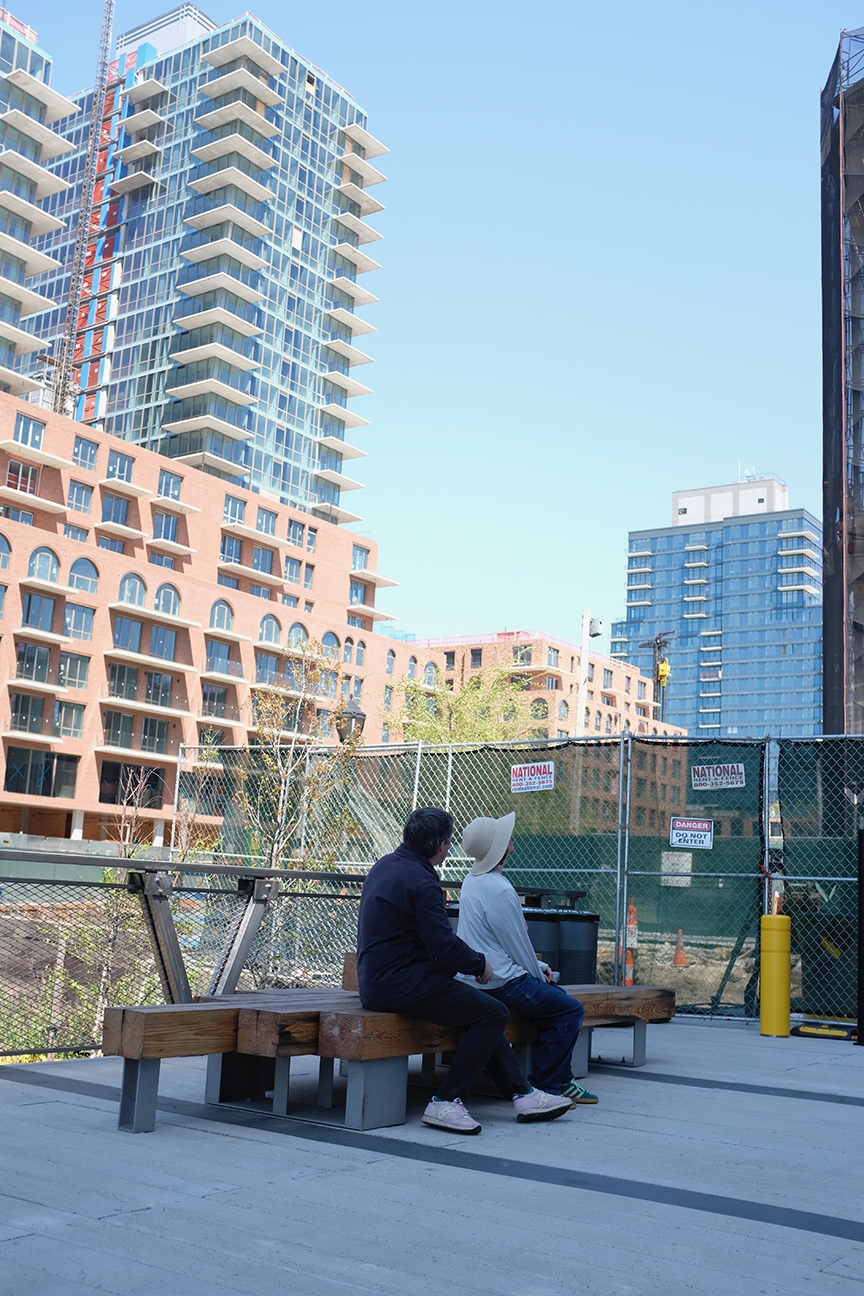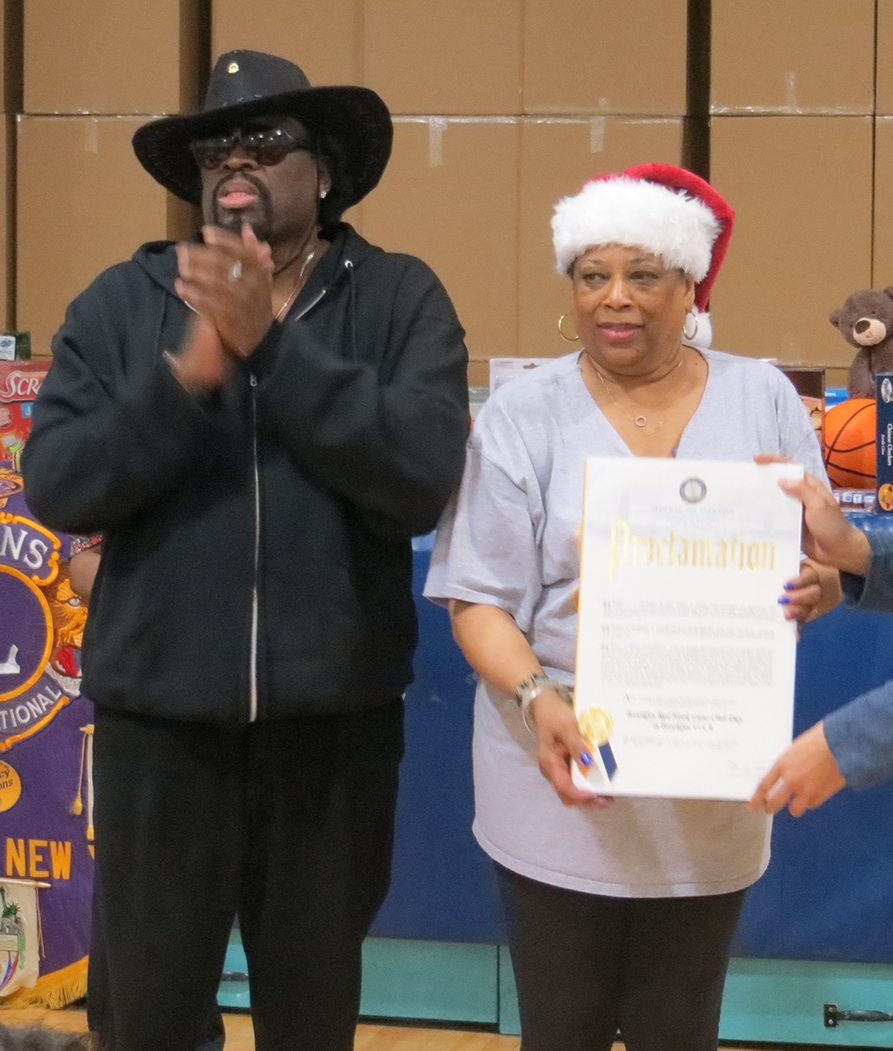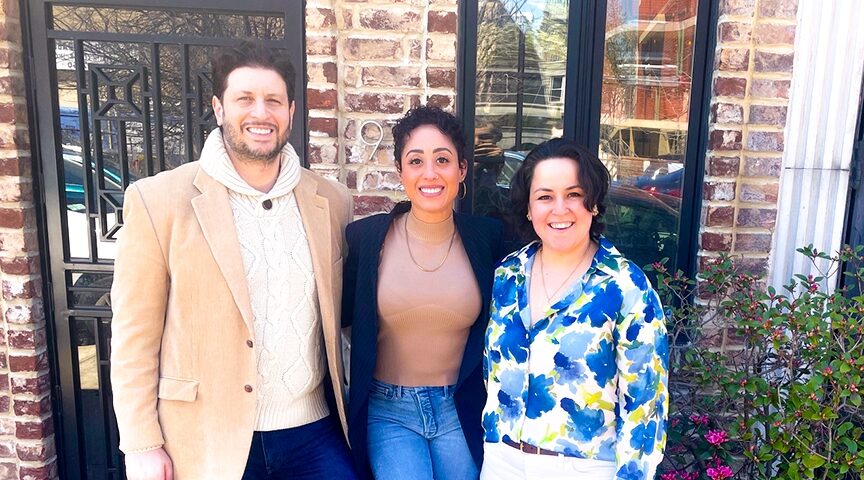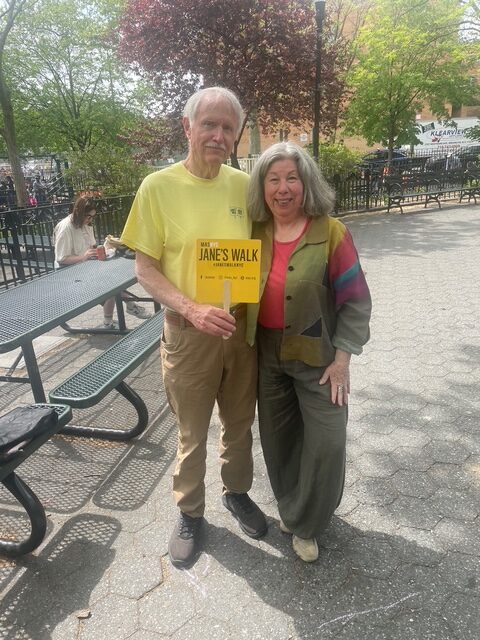Khary Bekka led a multi-day civic engagement workshop for Brooklyn youth at the Red Hook Community Justice Center.
Local high schoolers read from information that was presented, gave their ideas and got to hear from the knowledge that Bekka had.
Bekka started by asking what they got out of the first day of the workshop and what they thought was most insightful.
One Youth Court member said that “I learned how to control the system rather than be controlled by the system” and another said that “I learned how to be a helpful part of society.”
A five-minute video gave more information on how to be civic engaged in the community. A conversation about civic engagement encircled the room. People discussed what it meant to be civically engaged, and how much each of them were, and how much they might be in the future
Some listed involvement in Youth Court and some listed volunteering or other activities that they do, and some said they are not currently civically involved in their community but would like to be.
Bekka talked about volunteer work to the kids and told them how important it is to a community’s wellbeing.
“It is not always about money,” Bekka said. “I am volunteering now. Most of the volunteer work is done through the spirit and it helps.”
The youth were told that being on a football team or starting a block party can lead to being civically engaged and being involved in the community can help academically as well. It was also brought up that civic engagement can lead to learning from others in the community.
Bekka talked about politicians and how important it is to vote. He referenced local representatives can have more of an impact than the president on people’s lives.
“Our councilman, our assemblyman, our senators, our public advocates, they have more impact on our lives than the president,” Bekka said. “The president has his impact but the quality of lives in our community is basically controlled by the local officials. It is about people participating in their society and feeling that they matter to others.”
Joshua Pacheco, who is the Youth & Community Programs Associate at the Justice Center and oversees the program, preaches the benefits of being civically engaged during their twice a week meetings. Some of the benefits were fulfillment and preparation for life
This workshop came about through two different meetings that Bekka had at the Justice Center and some follow up work on putting together the plan for the workshop.
Pacheco originally met Bekka at the Justice Center when he was in the building meeting with Coleta Walker, who runs the peacemaking program at the Justice Center. The first time Pacheco met with Bekka, he explained to him that part of what he does is get young people who come to the Justice Center involved in their communities.
After this initial meeting, Bekka met with Walker and Pacheco and told them that he wanted to do a workshop on civic engagement, which meshes with what Pacheco works on with the young people. Bekka developed the curriculum and the two Justice Center staff members helped him in facilitating the program.
Youth Court members are recruited through the Justice Center’s connections with local schools and relationships that they have throughout Brooklyn. They receive applications in September followed by an interview process where 20-25 students are in the program for six months.
Pacheco and staff members at the Justice Center, which includes lawyers and social workers, train the members to play roles in the court room such as judge, bailiff, juror, youth advocate and community advocate.
Pacheco read from a statement from the packet that was provided that said that a small group of people hold a huge amount of power and they hold onto this by actively oppressing the majority of people. A student agreed with this since when he considered the people in power, he thought that there was a reason that they had more power than others.
Bekka thought that an example of a small group of people having control is the example of NYCHA as he thinks most of policy is made by people on the outskirts.
“The population of NYCHA is bigger than the people on the outskirts,” Bekka said. “When it comes to public policy, people on the outskirts control because they vote. If you have people in NYCHA who say we are going to organize then they have more control.”
Bekka was recently released from prison after serving 26 years for his involvement in the death of PS 15 principal Patrick Daley.
The Youth Court meets every Tuesday and Thursday from 4:30 to 6:30 pm, at the Red Hook Justice Center, 88 Visitation Place.
Author
Discover more from Red Hook Star-Revue
Subscribe to get the latest posts sent to your email.












